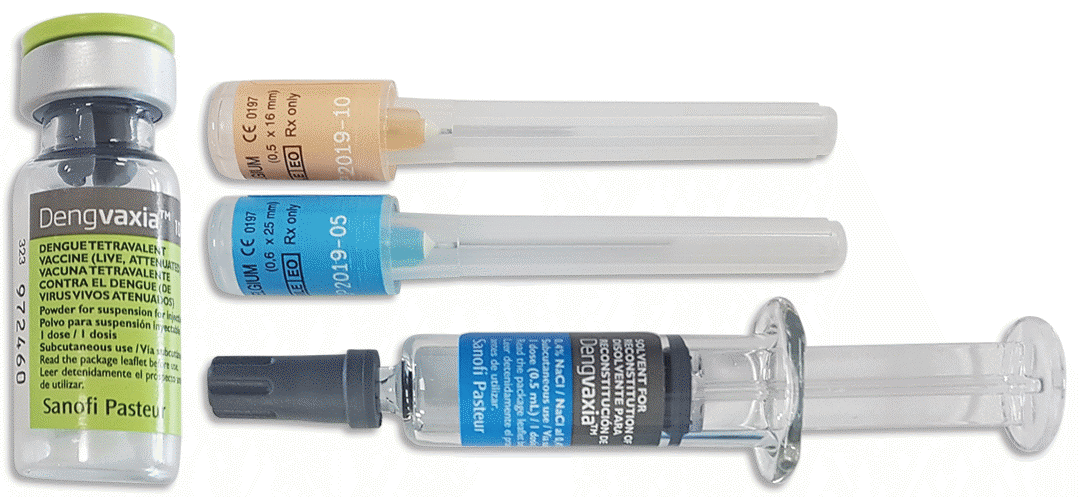
MANILA — The Department of Health (DOH) on Thursday announced that it will partner with the University of the Philippines – Philippine General Hospital (UP-PGH) to validate independently allegations of death due to the controversial dengue vaccine, Dengvaxia.
“We are being transparent to erase doubts of some sectors and the public that the DOH is allegedly concealing material information resulting from Dengvaxia vaccination,” Health Secretary Francisco Duque III said in a press briefing held at the DOH media relations unit in Tayuman, Sta. Cruz, Manila.
“The UP-PGH, as the national university hospital, is the most credible third-party institution to conduct this review for the DOH as it has the clinical and research expertise, as well as (the) mandate to provide assistance on matters of important health concern,” Duque added.
DOH Undersecretary Rolando Domingo said they are set to refer two to three cases to UP-PGH experts.
“It will really be mostly clinical, especially the post-mortem examination,” Domingo said. “The advantage of having PGH is that they are going to have multiple specialists and people who are the best in their fields.”
Meanwhile, the DOH reiterated that it is open to all investigations being conducted regarding the Dengvaxia controversy, including those being conducted by the National Bureau of Investigation (NBI), as well as the Senate and the House of Representatives.
“The DOH commits to fully cooperate in the conduct of investigation on the issue and has, in fact, submitted relevant documents to the Senate and Congress,” Duque said, adding that they continue to consolidate all relevant documents requested by the NBI at the order of the Department of Justice.
Dengvaxia manufacturer, Sanofi Pasteur, recently disclosed that the vaccine was found to cause a severe case of dengue among recipients who had not had the fever before getting the vaccine.
More than 830,000 public school children had been vaccinated with Dengvaxia under the DOH’s mass immunization program launched under the Aquino administration and continued under the current administration.
The first dose of the vaccine was given in April last year, while the second and third doses were given six months apart.
Meanwhile, the DOH has assured the public that its hospitals are ready to handle cases of severe dengue and other potential adverse effects of the vaccine, even as it awaits the results of the independent review. (PNA)